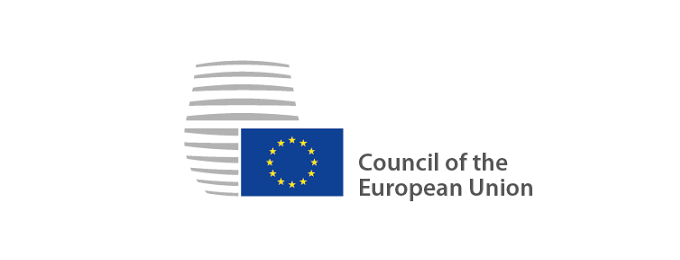During the EYCS council meeting, EU education ministers exchanged views on how to achieve a balanced brain circulation in the European Education Area.
Brain and talent circulation is one of the key topics of the Croatian EU presidency of the first half of 2020, and education ministers now discussed the topic – based on a steering note prepared by the presidency – for the field of education. The Croatian minister for Science and Education reminded her colleagues that talents are evenly distributed, but not opportunities and then called upon them to work jointly on policies and initiatives. In the discussion, the ministers highlighted that freedom of movement was a fundamental principle of the EU and underlined the need for a comprehensive approach that goes beyond education. In addition to uneven brain circulation within Europe, regional brain drain within the countries (above all rural to urban) was recognised as an issue as well as international brain drain, e.g. talents moving from Europe to the US and from African countries to Europe. They suggested measures with a potential to balance brain circulation and make ‘Europe as a continent’ more attractive for talents are, e.g.:
- automatic mutual recognition of diplomas and qualifications;
- mapping of talent circulation;
- national plans for the reintegration of young researchers;
- targeted use of EU funds and programmes, such as Erasmus+ and Horizon Europe.
In the policy debate on brain circulation, education ministers backed the European Universities initiative and further development of the European Education Area.
Education ministers also adopted the “Resolution on education and training in the European Semester”. With the resolution, EU education ministers want to ensure informed debates on reforms and investments.
The presidency informed the education ministers on the state of play of the post-2020 strategic framework for European cooperation in education and training. Unlike originally planned, the framework cannot be discussed under the Croatian presidency, since the European Commission will only publish its proposal in the second half of 2020, as part of its communication on the European Education Area.
During a lunch meeting, ministers informally discussed the topic ‘Green education and training for a sustainable Europe’. The aim was to start exploring what education can do for the European Green Deal at national and European levels.

